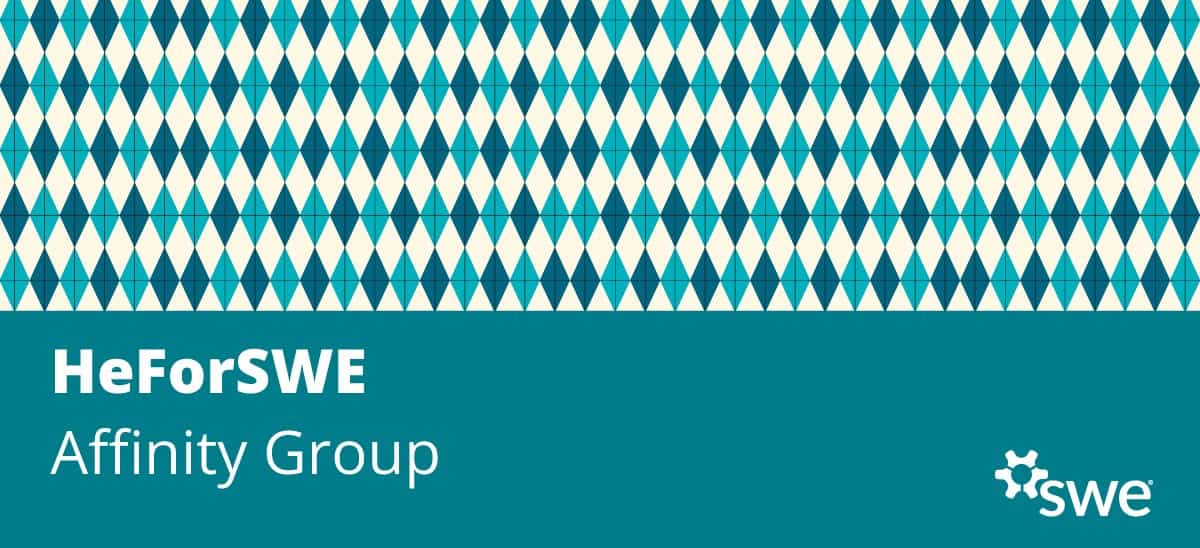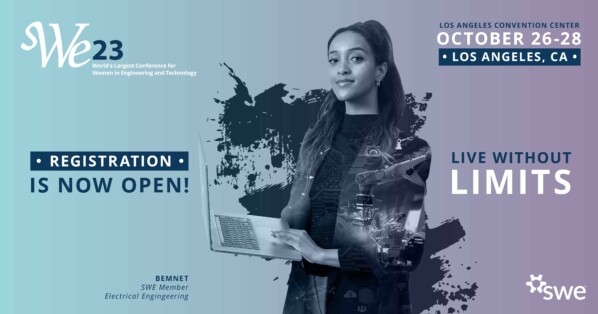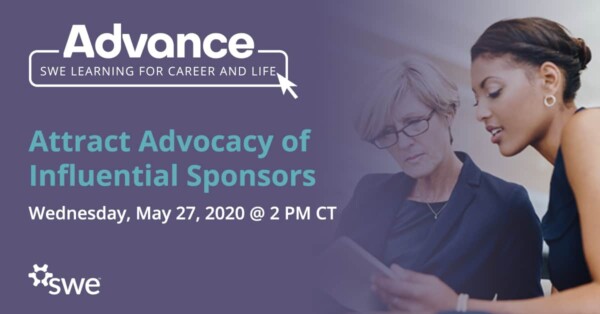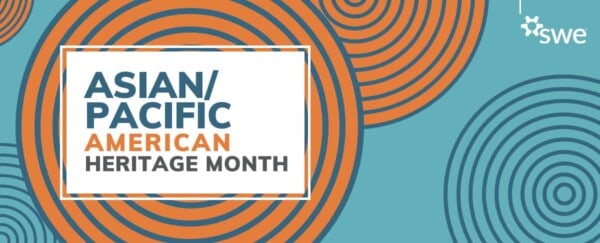As a part of the HeForSWE Affinity Group’s spotlight month, the HeForSWE AG highlights professionals and male allies and discusses their perspectives on allyship in STEM. In this article, we are featuring Gretchen Thomsen (she/her/hers) and Ken Gaspar (he/him/his).
Gretchen Thomsen, Executive Director at Insmed
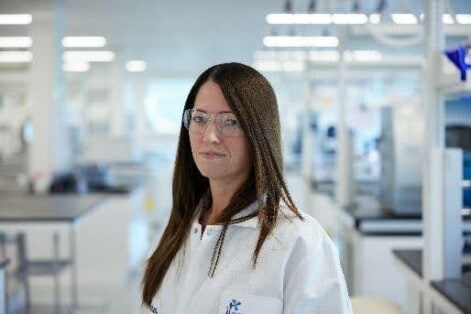 Gretchen earned her bachelor’s degree in comprehensive science from Villanova University with a master’s degree in forensic sciences. While studying for her master’s, Gretchen’s father suffered a severe traumatic brain injury that inspired her to pursue a Ph.D. in neuroscience at UCLA and become an assistant professor at the Regenerative Medicine Institute at Cedars-Sinai Medical Center in Los Angeles.
Gretchen earned her bachelor’s degree in comprehensive science from Villanova University with a master’s degree in forensic sciences. While studying for her master’s, Gretchen’s father suffered a severe traumatic brain injury that inspired her to pursue a Ph.D. in neuroscience at UCLA and become an assistant professor at the Regenerative Medicine Institute at Cedars-Sinai Medical Center in Los Angeles.
She transitioned to an industry where she played a significant role in an early-stage gene therapy company that eventually brought one of the first ever FDA-approved gene therapies, Zolgensma, to commercial treatment for patients suffering from spinal muscular atrophy.
Currently, Gretchen is an executive director of Gene Therapy at Insmed and continues pursuing her mission of bringing life-saving medicines to patients with devastating diseases.
What Does Allyship Mean to You?
An ally is someone that supports your past, your present and your future. This means that this person has an appreciation for where you came from and the accomplishments that got you to where you are today, is aware and understands your current goals, and supports you as you work to accomplish those goals for success in the future. An allyship is not necessarily formed overnight; it develops with trust and personal connection. It is maintained over years through mutual respect, understanding and support.
How Has a Male Ally, Mentor or Sponsor Impacted Your Career?
My most impactful male ally was Dr. Stephen Rayport. I worked with Dr. Rayport at Columbia University as a research associate early in my career as I was trying to establish myself in the science field. I had relatively limited laboratory experience, but Dr. Rayport took me in, showed me a profound level of respect and challenged me to maximize my potential for advancing the science while simultaneously establishing a solid foundation on which to advance my career. He taught me the fundamentals of multitasking and of learning everything I could to make the most of every day. I have since formed at least one ally at each major step of my career, and I can say I have 5-6 now, each of whom has had a uniquely valuable impact on both my personal and professional growth.
What Advice Would You Recommend to Your Male Counterparts or Team Members on How to Be an Ally and Support Inclusion of Women in the STEM Industries?
The advice that I would like to share with my male counterparts is to take time to listen and share your own experiences. It’s very likely that each individual’s experiences are vastly different from one another’s and a valuable learning opportunity is often provided when journeys are shared.
Ken Gaspar, Manager of Process Engineering Solutions, Henkel Corporation
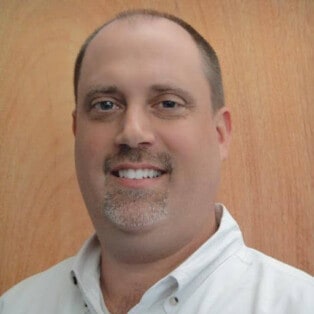 After graduating from Clarkson University with a bachelor’s in chemical engineering, Ken Gaspar began his career in 1990 with National Starch and Chemical Co. (adhesives division), working out of the Woodruff, S.C., facility. At Woodruff, Ken worked in wastewater treatment, then managed operations in the hot melt (HM) adhesive plant. Later, he managed a waterborne adhesive (WBA) plant in Richmond for four years, where he married his wife and had their first daughter. Several more relocations followed including a return to South Carolina for four more years, managing both HM and WBA departments; a transfer to Pennsylvania for six years managing a WBA scaleup (and daughter No. 2); another transfer to Florida for seven years for a HM polyurethane scaleup (and – wait for it – daughter No. 3!); then a final relocation to South Carolina in 2010, where the Gaspar family settled into their present home in Greer. In 2008, Henkel Corp. acquired National Adhesives, and Ken is presently based out of the Henkel Greenville plant, where he has continued to work in process and project engineering supporting a variety of adhesive technologies, including silicones, epoxies, PVC plastisols, HM polyamides and thermal interface materials.
After graduating from Clarkson University with a bachelor’s in chemical engineering, Ken Gaspar began his career in 1990 with National Starch and Chemical Co. (adhesives division), working out of the Woodruff, S.C., facility. At Woodruff, Ken worked in wastewater treatment, then managed operations in the hot melt (HM) adhesive plant. Later, he managed a waterborne adhesive (WBA) plant in Richmond for four years, where he married his wife and had their first daughter. Several more relocations followed including a return to South Carolina for four more years, managing both HM and WBA departments; a transfer to Pennsylvania for six years managing a WBA scaleup (and daughter No. 2); another transfer to Florida for seven years for a HM polyurethane scaleup (and – wait for it – daughter No. 3!); then a final relocation to South Carolina in 2010, where the Gaspar family settled into their present home in Greer. In 2008, Henkel Corp. acquired National Adhesives, and Ken is presently based out of the Henkel Greenville plant, where he has continued to work in process and project engineering supporting a variety of adhesive technologies, including silicones, epoxies, PVC plastisols, HM polyamides and thermal interface materials.
What Has Driven and Inspired You to Want to Advocate and Support and Become Vocal Advocates for Women and Other Minorities in STEM?
One of the most impactful things about having daughters (in triplicate!), despite having grown up with only three brothers, is experiencing how one’s viewpoint can broaden when entertaining ideas from a woman’s perspective. One of my dearest colleagues is a woman who actually factored significantly in our youngest daughter’s birth, taking care of our older two girls while my wife underwent an emergency C-section in Florida — while I was on a business trip in Pennsylvania! In virtually every single one of the operations at which I worked, there were several formative, business savvy, professional female employees, without whom those operations would simply not have functioned as the company needed them to (in terms of cost achievement, productivity, safety and quality).
Can You Give an Example of a Time You’ve Implemented Allyship Actions in Your Workplace?
There are two examples. The first followed the acquisition of National Adhesives by Henkel Corp. in 2008. At one of Henkel’s legacy production sites in Texas, the maintenance manager was a female chemical engineer, who I got to know from our mutual inclusion at a Six Sigma (6σ) training class post-acquisition. One of the contract manufacturers of Henkel’s was also located in Texas, and my colleague and I visited their facility. My colleague’s written report about the plant was so thoroughly done, and the conclusions so well-defined, that I subsequently requested her assistance on process engineering hot melt adhesive projects in South Carolina and Mexico. Being Costa Rican, my colleague brought even further value being multilingual, easily conversing about technical matters with our colleagues in Monterrey.
The second example involves one of Henkel’s production facilities in the Northeast. The entire engineering and continuous improvement team, consisting at one point of five chemical engineers, were all women. The principal engineer had actually not been offered the engineering manager job by the plant manager, himself a former engineering manager at the site. A job offer from another company was extended to the principal engineer at the opportune moment, and her decision — despite having a not-insignificant amount of time with Henkel — was to leave Henkel for the opportunity which should have been offered to her. Subsequently, this colleague asked me for my counsel, and I advised her that while Henkel would not be stronger without her, that she should consider that her engineering skills, very solid experience, and ability to connect with operators would serve her well and that she should never settle for less than her worth.
Following the departure of the principal engineer, three of the remaining four women chemical engineers also decided to part ways with Henkel, each finding job opportunities which better suited them and respected their skill sets. This year, a capital project for this particular site was transferred to me as project manager, and during recent travels to the site, I had occasion to see three of those young women who had departed Henkel for engineering positions with other manufacturers. They each thanked me for having worked with me at the Henkel site. They also expressed that they were happier with their decisions to leave Henkel crediting it, in part, to my words of advice to, in effect, bet on themselves.
How Do You Cultivate Conversations in the Professional Environment About Diversity and Inclusion?
Henkel Corp. has maintained a very prominent diversity & inclusion platform since 2021. Having participated in several of the online discussion groups in the past couple years, I found the overall presentation of Henkel’s D&I initiatives to be very comprehensive, and the examples used and various stories related made for very thorough and engaging discussions.
Author
-

SWE Blog provides up-to-date information and news about the Society and how our members are making a difference every day. You’ll find stories about SWE members, engineering, technology, and other STEM-related topics.

